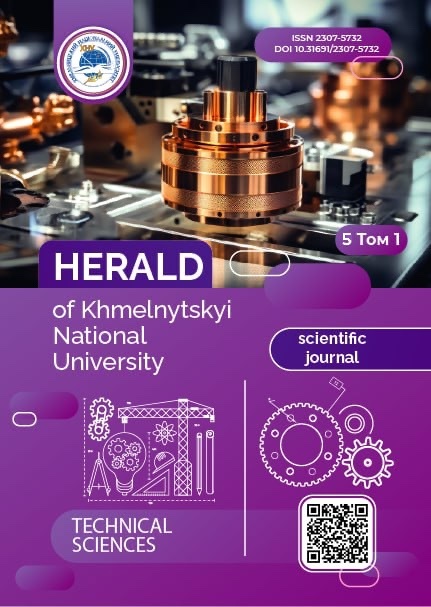INTELLECTUAL MODEL FOR ASSESSING THE LEVEL OF CITIZENS' AWARENESS IN THE FIELD OF CYBERSECURITY
DOI:
https://doi.org/10.31891/2307-5732-2025-357-47Keywords:
cybersecurity, digital literacy, decision support, expert assessment, fuzzy sets, information securityAbstract
This study presents an intelligent model for assessing the level of public awareness in the field of cybersecurity. The proposed model serves as a formalized approach that analyzes survey data, considering a broad range of factors that influence safe digital behavior. It integrates fuzzy sets, data fuzzification techniques, and elements of computational intelligence to ensure a comprehensive and flexible evaluation. The model enables a qualitative analysis of citizens' knowledge regarding personal data protection, digital hygiene practices, online threat identification, and appropriate responses to cybersecurity incidents. Importantly, this approach accounts for the subjectivity and vagueness of human judgments, which are common in social research where objective measurements are often limited. A key advantage of the approach is its scalability, enabling the assessment of awareness both at the level of individual citizens and across broader populations – be it a city, region, or entire country. Based on the processed data, the model produces a linguistic classification of awareness levels, supporting the identification of critical knowledge gaps in specific groups. These insights are essential for guiding public education strategies, designing targeted information campaigns, and enhancing national cybersecurity policies. The model was tested and validated using empirical data collected in Zakarpattia Oblast (Ukraine) in 2025. A total of 315 respondents participated in the survey. The findings demonstrate the model’s effectiveness in identifying trends and vulnerabilities in digital behavior. By offering actionable insights, the model contributes to strengthening digital literacy and improving cybersecurity resilience at various socio-demographic levels. Further application of this model may support the development of regional cyber hygiene standards and help optimize educational efforts aimed at different target groups
Downloads
Published
Issue
Section
License
Copyright (c) 2025 ІННА ПОЛІЩУК, ІРИНА ПЕТРУШКО, ВАСИЛЬ СЕГЛЯНИК, АНДРІЙ МАТЕЙ (Автор)

This work is licensed under a Creative Commons Attribution 4.0 International License.

